
Diana Weber
Lawyer of international law
Rating:
15
November
Immigration to Italy for Permanent Residence

Permanent residence status in Italy is granted to those who have lived in the country for five years or more with a temporary residence permit of the immigration type. Permanent residency is issued indefinitely: periodic re-issuance requires only the document itself. You move to the country with a residence permit, opened for long-term purposes, extend it approximately every 1-2 years until the period of sedentary (inhabitancy). To request permanent residency status, you must also prove your wealth, law-abidingness and knowledge of the national language at the A2 level.
The Italian Republic is a member of the European Union, so with a local residence permit you can travel to Schengen countries without opening a visa, do business internationally, officially work in an economically developed state with a well-established system of social protection. In 2026 moving to Italy for permanent residence will give you the opportunity to study in local universities on the rights of citizens, open personal and corporate bank accounts, receive various benefits from the state and participate in public life.
It is possible to obtain residency rights without a five-year waiting period through a simplified procedure. To do this, you will not have to look for a reason, keep it for five years, learn the national language and provide a certificate of income. More information on this issue is provided by Immigrantinlaw's specialized experts at a free consultation.
The advantages of immigration to Italy include living in an economically developed country of the European Union, located in the center of the Mediterranean. The quality of life index in the republic, according to Numbeo, is 150 points, which is high. Also among the country's strengths are a good level of purchasing power of the population, developed health care and education systems, excellent environmental and climatic conditions. Businessmen can find here promising niches in different directions, from tourism to high technology.
The disadvantages of living in Italy include the average level of salaries, if compared with other EU countries - about 2200 EUR before taxes (per month). In large cities like Turin and Milan crimes are frequent. The country has expensive real estate - from 2500-3500 EUR per square meter, which often does not correspond to the income level of the population. Taxes are high: for example, income tax is calculated at a progressive rate (depends on the size of the salary) and reaches 23-43% of the total amount. Another disadvantage is slow service in government agencies, including very long lunch breaks.
To move to Italy permanently, you need to open a residence permit of the immigration type. Examples of grounds are doing business, contributing to the economy, family reasons, working. Permanent residence is not granted to holders of a residence permit open for:
Theoretically, you can get, for example, a student residence permit in Italy, complete your studies and get a job to stay in the country. But the period of residence with a residence permit for study will not be taken into account when applying for a permanent residence.
Submit an application form and we'll get back to you!
It is possible to move to Italy if you are ready to invest from 250 thousand to 2 million EUR. The areas of investments are startups, government bonds, charity funds, shares of local companies. There are no privileges for accelerated registration of permanent residence in the country even for sponsorship in especially large amounts.
Those who start a business in Italy or plan to work as a self-employed person can immigrate. To do this, it is necessary to register with the Chamber of Commerce and obtain a permit for self-employment from the specialized body. The amount of start-up capital when opening a company is not established by law.
If you get a job in an Italian company, you can officially move with the prospect of permanent residence. The application for residency is submitted by the inviting party through the prefecture. It is difficult to get a job in the Republic: there is an excess of employees on the job market, and foreigners are invited only within quotas, provided that the offers were not responded to by local workers.
If you are the husband/wife of an Italian resident or citizen, you can move to the Republic provided that your spouse has a rented or owned property to live in together and is able to support you financially. When immigrating to the holder of a residence permit, it is important that he or she has previously lived in the country for at least a year. Spouses of local citizens receive a passport in an accelerated procedure - after 2 years of cohabitation (12 months if there is a common child).
You can get a highly qualified specialist card if you have a specialized education and a work contract with an Italian company. The contract must be for at least one year and the salary must be one and a half times the national average, i.e., about 5000 EUR per month as of 2024. Quotas do not apply in this case. The holder of La carta blu UE can immediately move to Italy with his family.
Italy grants the right of residence to those who have the resources to support themselves and do not plan to work in the Republic. The income must not come from wage employment but, for example, from dividends from a foreign business/shares/real estate or social benefits (pension). You demonstrate that you have regular cash income of at least the Italian annual social security allowance, rent or purchase a home in the country.
Children and parents of Italian citizens and residents can move to the Republic with the prospect of naturalization. The inviting person must be able to support dependents and provide them with a place to stay. Sometimes the list of relatives is extended if, for example, they are unable to take care of themselves for medical reasons.
Popular ways to immigrate to Italy include obtaining citizenship of other EU countries under accelerated procedures. A second passport is issued within 4 months or less without demonstrating income and residency in the state before or after receiving the document. You can verify your eligibility for the simplified programs during a consultation with the help of Immigrantinlaw's specialized lawyers.
The main condition for registration of permanent residence in Italy is prior residence on the territory of the Republic for five years. You need to stay here with a residence permit of immigration type (issued not for short-term or diplomatic purposes). During this period, you cannot leave the country for more than six months in a row, or more than ten months in total. Exceptions are based on documented proof of a valid reason - for example, you left the country to fulfill military duties in your home country or to undergo medical treatment abroad.
In addition to meeting the standards for length of residence, an Italian permanent resident must meet the following requirements:
To successfully emigrate from your home country to Italy for permanent residence, you should follow these steps:
To apply for an Italian permanent resident card, you will need:
The application for a residence permit is sent through post offices, and in some Italian regions it is also accepted in municipalities and patronages. Usually, applications are processed within a period of up to two months, but it can be extended, for example in case of high workload of the immigration police, without any sanctions against public authorities.
Permanent resident status is granted in Italy indefinitely. The permanent residence card itself is issued for 10 years for adult applicants and for 5 years for those under the age of 18. The document can be renewed by contacting the municipality or the relevant authorized body in your prefecture.
An Italian permanent residence is revoked if it is proven to have been fraudulently issued or if the holder is subject to deportation from the country (e.g., for committing a serious crime). The status is revoked if you leave the territory of the European Union for more than a year or stay outside Italy for at least 6 years.
Get more information about the peculiarities of immigration to the EU at a free consultation
As a holder of a permanent residence permit in Italy you can:
Like Italian citizens, permanent residents are obliged to adhere to the norms of local legislation, not to carry out actions against the state, to pay taxes in a timely manner, to respect the rights and freedoms of the surrounding people.
You can apply for Italian citizenship five years after the opening of permanent residence or after 10 years of total residence in the republic (including residence permit). It will be necessary to prove knowledge of the national language at the level of B1 and above, as well as have no criminal record and loyalty to the state. The application must be submitted to the prefecture where you are registered in the country. You should expect a response within 2 years, but sometimes this period is extended by another 12 months, for example, if there are insufficient documents or the authorities are overloaded with requests.
Once you become a citizen, you take part in a solemn oath ceremony, after which you receive the relevant document. You can then apply to the local municipality for an internal passport.
It is worth moving to Italy after learning the national language at least to an intermediate level: English is not understood by everyone there. Permanent residents have the right to use social support, for example, to receive unemployment benefits or maternity benefits.
The labor market in Italy cannot be called promising: there is not much work, the chances for profitable employment are only for qualified specialists. The average salary is about 1600 EUR “net” per month. At the same time, the expected expenses per person are equal to 900 EUR without taking into account the rent of real estate, so it will be difficult to earn a minimum income here.
Schools in Italy are compulsory for all children, including foreigners. There are private and public gardens, education everywhere is conducted in the national language. Italians calmly treat immigrants, but have a peculiar mentality: tactile, loud, emotional and not too hardworking.
The country has an excellent climate - predominantly Mediterranean, with warm, long summers and dry winters. Because of the good weather, proximity to the sea and good ecology, wealthy retirees often immigrate to the republic and formalize their choice of residency.
The total cost of immigrating to Italy includes administrative fees, organizing the move and transportation of stuff, buying plane tickets, and renting real estate. In addition, accompanying services such as lawyers and notaries are paid. The main categories of costs are summarized in the table below.
| Category of expenses | Price, € |
| Visa (symbol D) | 116 |
| Residence permit application | from 40 to 100 |
| Renewal of residence permit | At the initial cost |
| Application for permanent residence status | 100 |
| Language test | 46 (total) |
| Issuance of temporary/permanent resident card | 30,46 |
| Sending request by post | 30 |
| Notarization of dossier | 10–15 (per page) |
| Renting an apartment for a month | 600–1200 |
| Sending personal stuff by postal services | 30–60 (per kg) |
| Train tickets | 50–100 (in Europe) |
In total, when moving to Italy with a residence permit, you not only have to wait a long time for the status of permanent residence, but also to cover during this time your expenses, which costs thousands of euros. It can be cheaper and faster to immigrate with a passport of another EU country, issued with the support of specialized lawyers of the Immigrantinlaw in 4-14 months. Find out more at a consultation.
In 2025, Italy clarified the financial and procedural criteria for obtaining long-term resident status (permesso di soggiorno UE per soggiornanti di lungo periodo), which is especially relevant for those planning to transition from temporary residence permits to permanent residence.
In 2025, Italy made the process for obtaining permanent residence more transparent and digitalized. The 5-year residence period remains unchanged, but income is now calculated against the updated Assegno Sociale, and requirements for integration and proof of genuine ties to Italy are enforced more strictly.
In the reviews immigrants cite more pros than cons of living in Italy. To the positive sides of the move include a warm and sunny climate, proximity to the sea from many cities, friendliness of the population, a good level of medicine and education. Most note the loyalty of local laws, which allow you to open a residence permit on various grounds. Immigrants like delicious cuisine, local attitude to children and animals, leisurely lifestyle in society.
The disadvantages of immigration often include a long waiting period - from 5 years to obtain a permanent residence and from 10 years to obtain Italian citizenship. The labor market in the republic is limited, unemployment is growing. Real estate is expensive even in small towns, and prices for life in general are quite high. Italians are kind and friendly, but very temperamental and slow, which affects, among other things, the duration of immigration procedures.
In order to move to Italy comfortably and without unnecessary worries, it is worth using the support of Immigrantinlaw migration specialists. Specialized lawyers will conduct a personal analysis of your request and recommend the best way of immigration with minimal costs and in a short period of time. Specialists will go through each stage with you, and many tasks will be performed independently, such as collecting documents and organizing visits to government agencies. Competent legal support is a guarantee of successful immigration in any situation.
Submit an application form and we'll get back to you!
Obtaining Spanish Residence Permit for Foreigners
5 August
Residence permit in Spain is a document that is granted to an immigrant for temporary residence in the country. The...
Immigration to Austria for Permanent Residency
15 January
Permanent residence permit in Austria - a resident status, which gives you the right to permanent residence in the state...
Obtaining Swedish Residence Permit for Foreigners
14 October
A temporary residence permit in Sweden is a document, which makes possible to stay in the country and cross its...
Obtaining a Residence Permit in the Netherlands: A Guide for Immigrants
21 March
A residence permit in the Netherlands (Holland) is a document with which a foreigner can legally stay in the country...
Immigration to Lithuania for Permanent Residence
13 December
Permanent residence in Lithuania is an indefinite permit for permanent residence in the country, which is granted to foreigners in...
Immigration to Germany for Permanent Residence
24 April
Permanent residence in Germany is a document for permanent living in the country, which is provided to immigrants after fulfilling...
Discover
new opportunities
with a European Union passport!
Submit the application form and we will call you back!
Leave a request
Contacts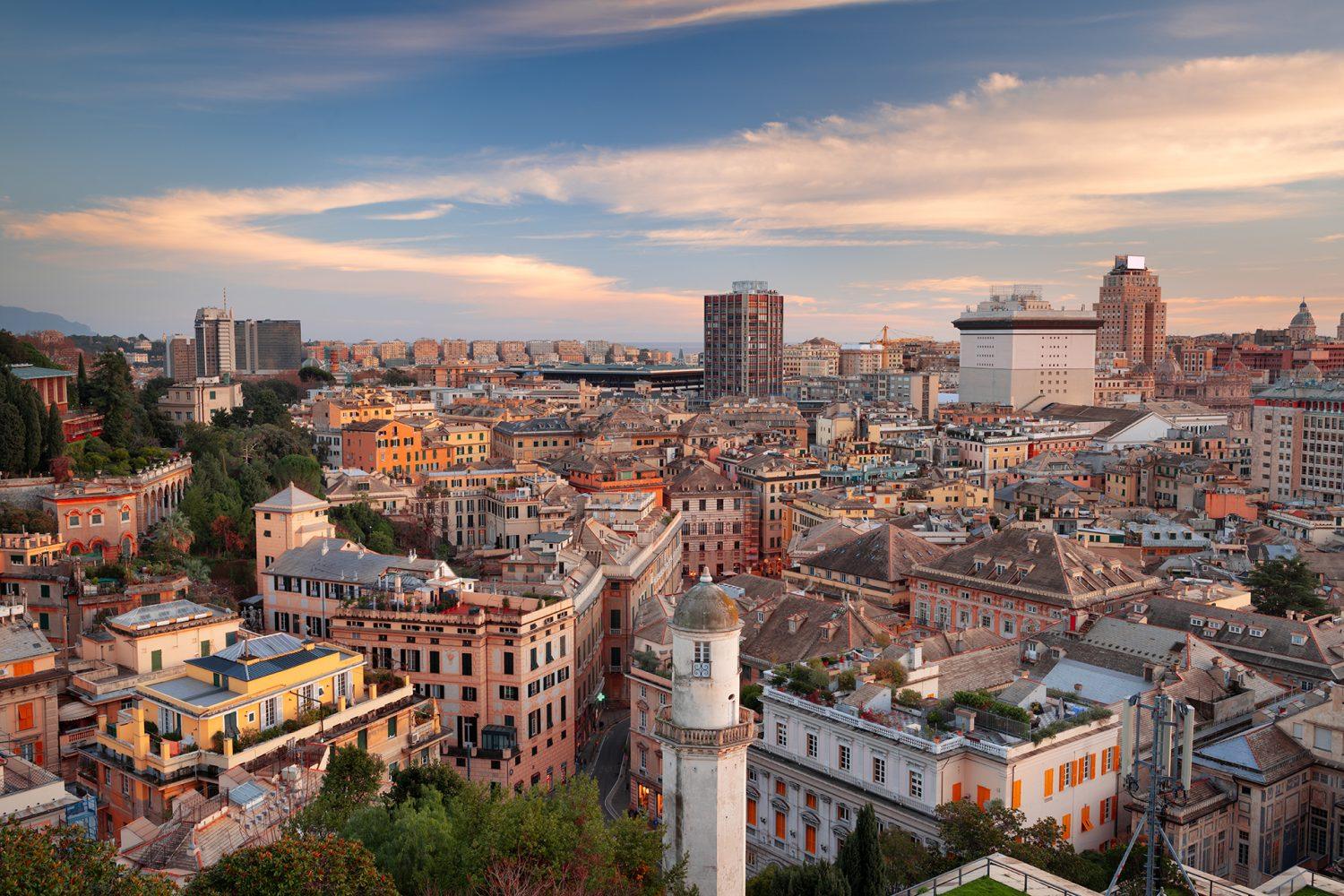

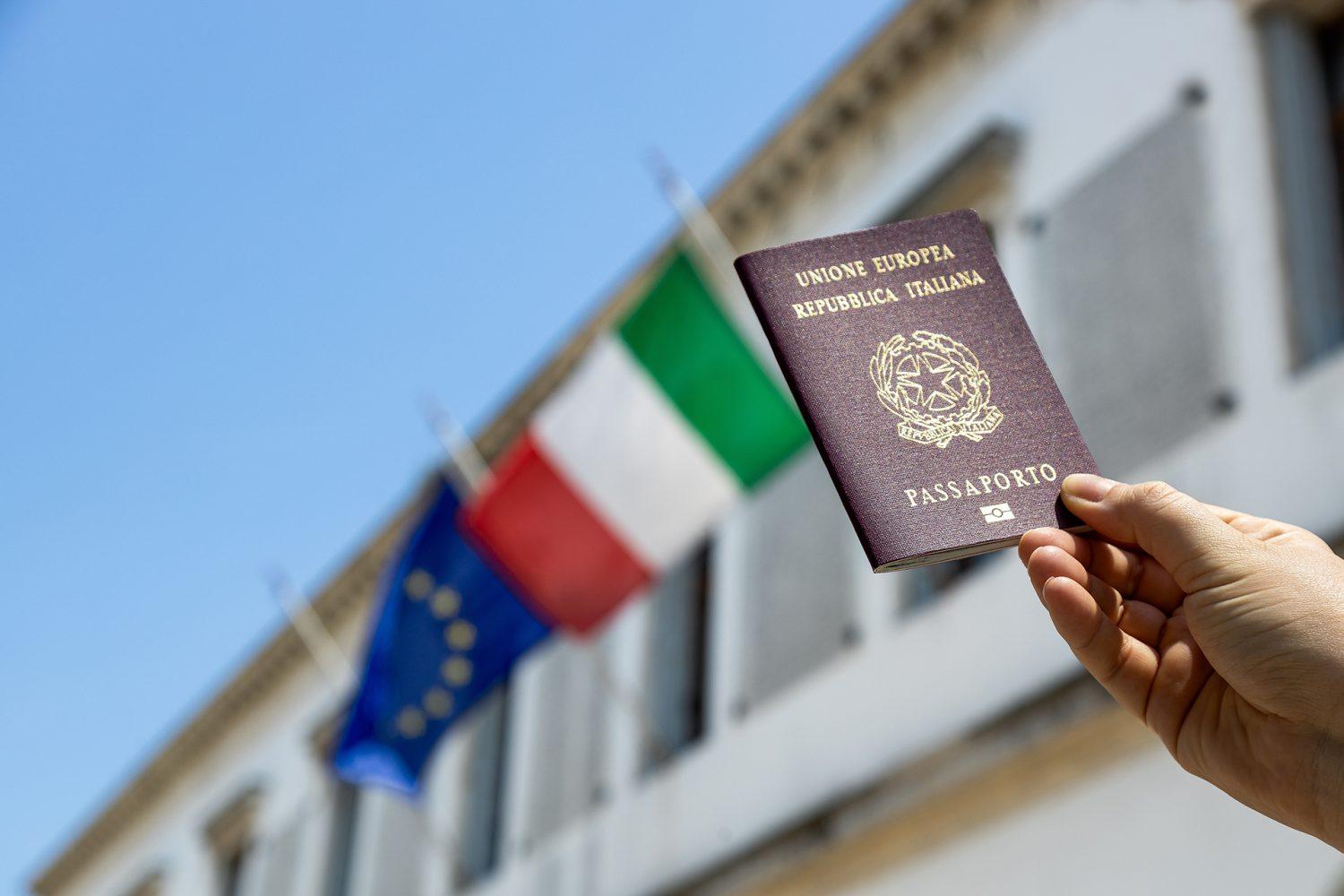

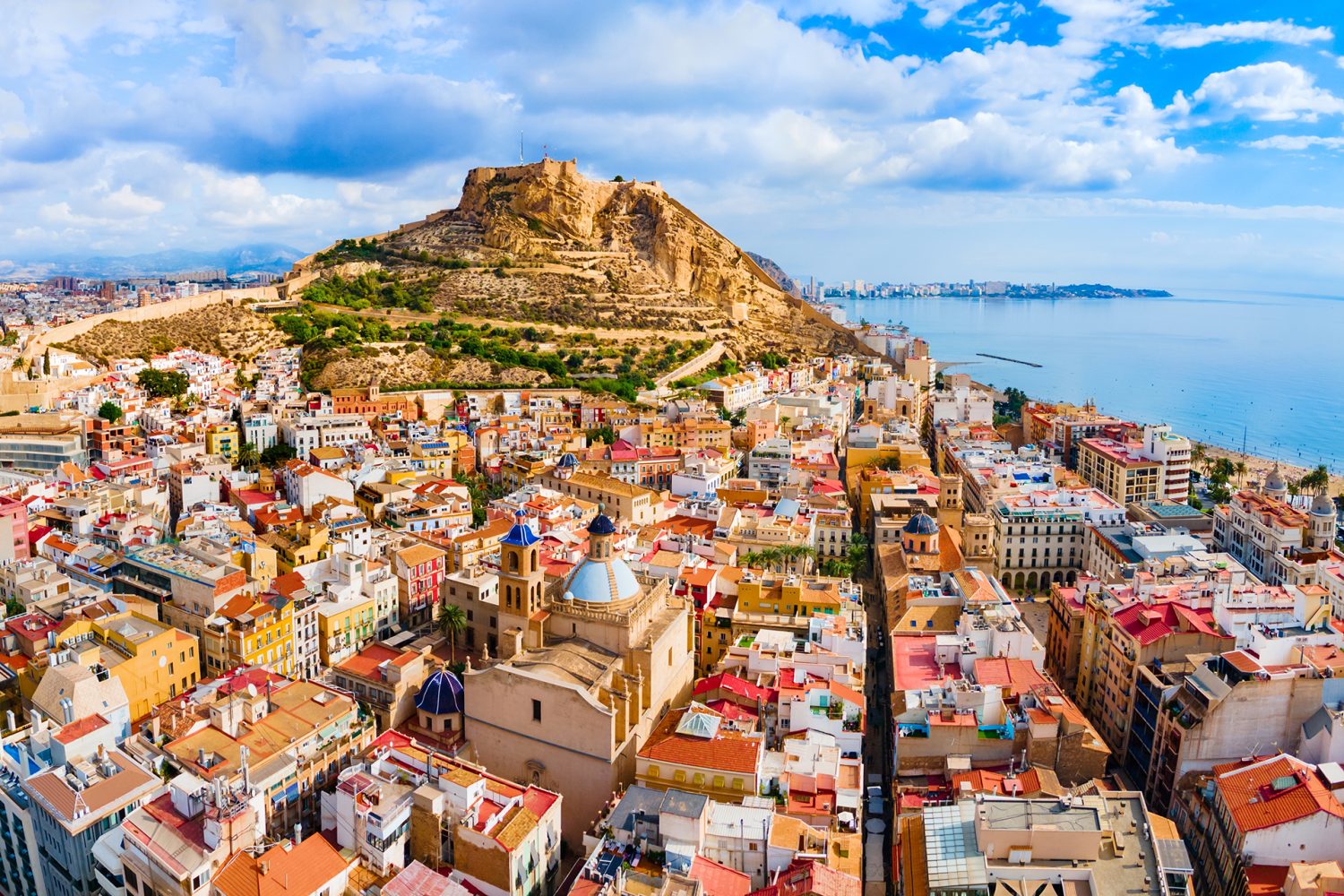
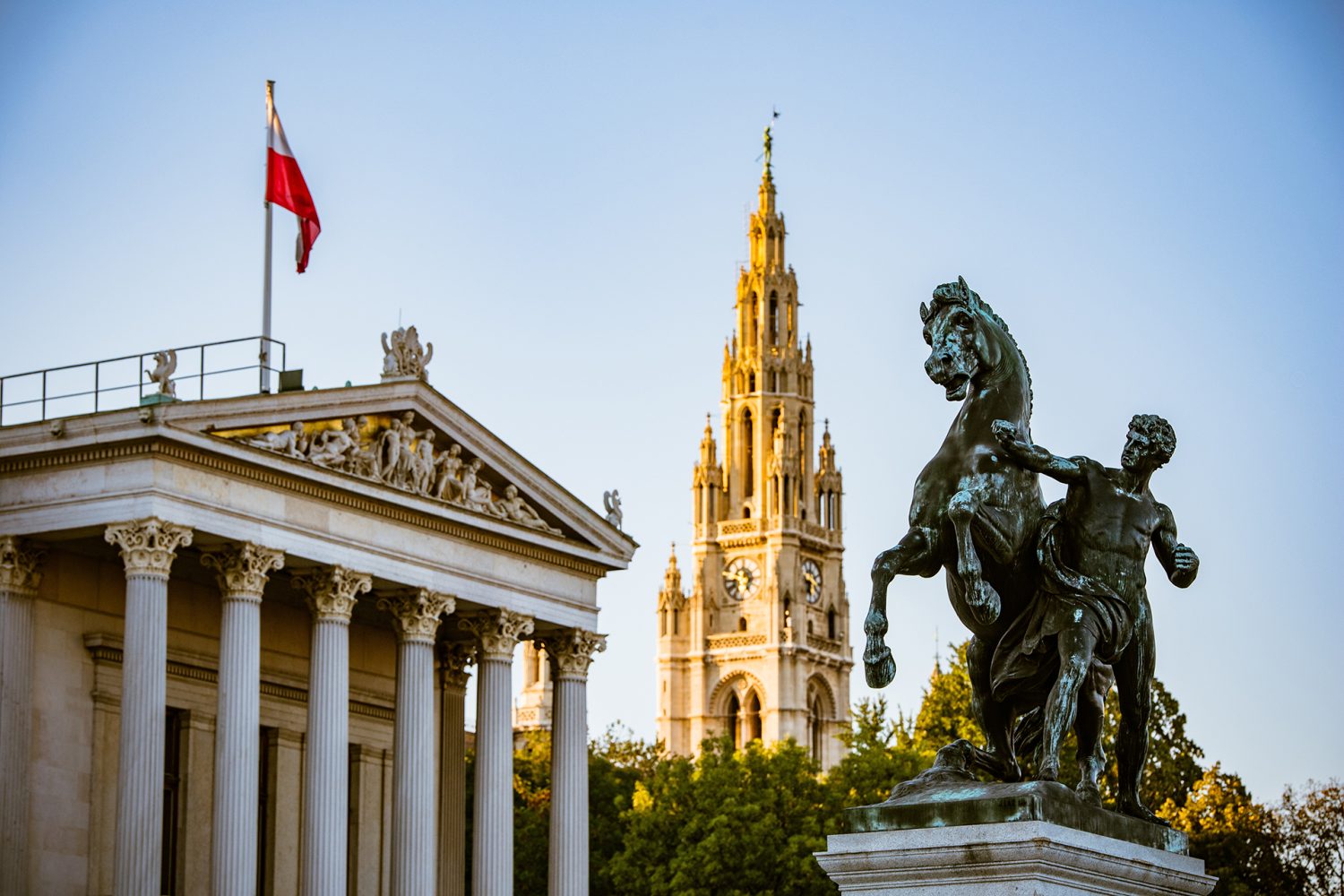
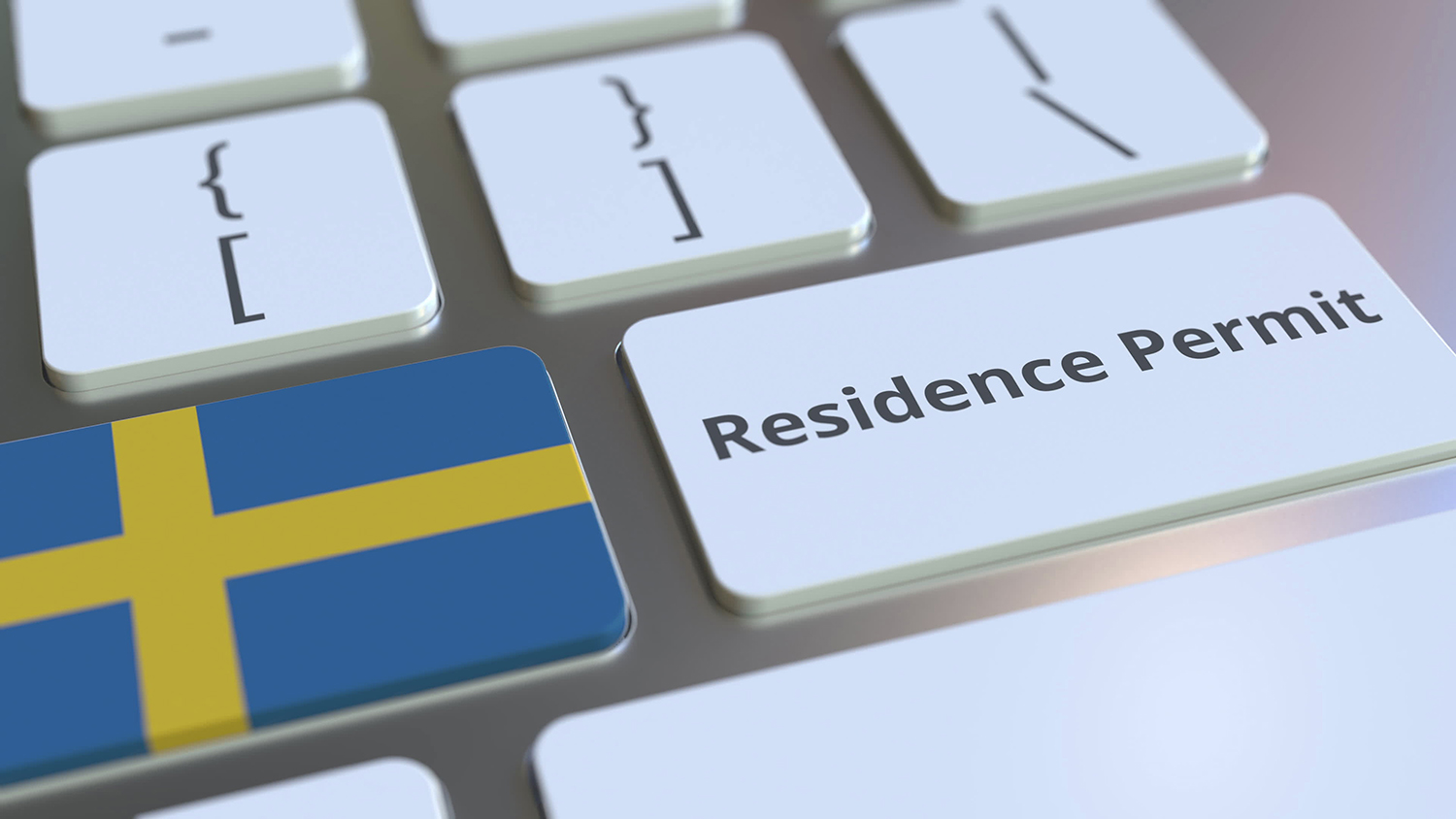

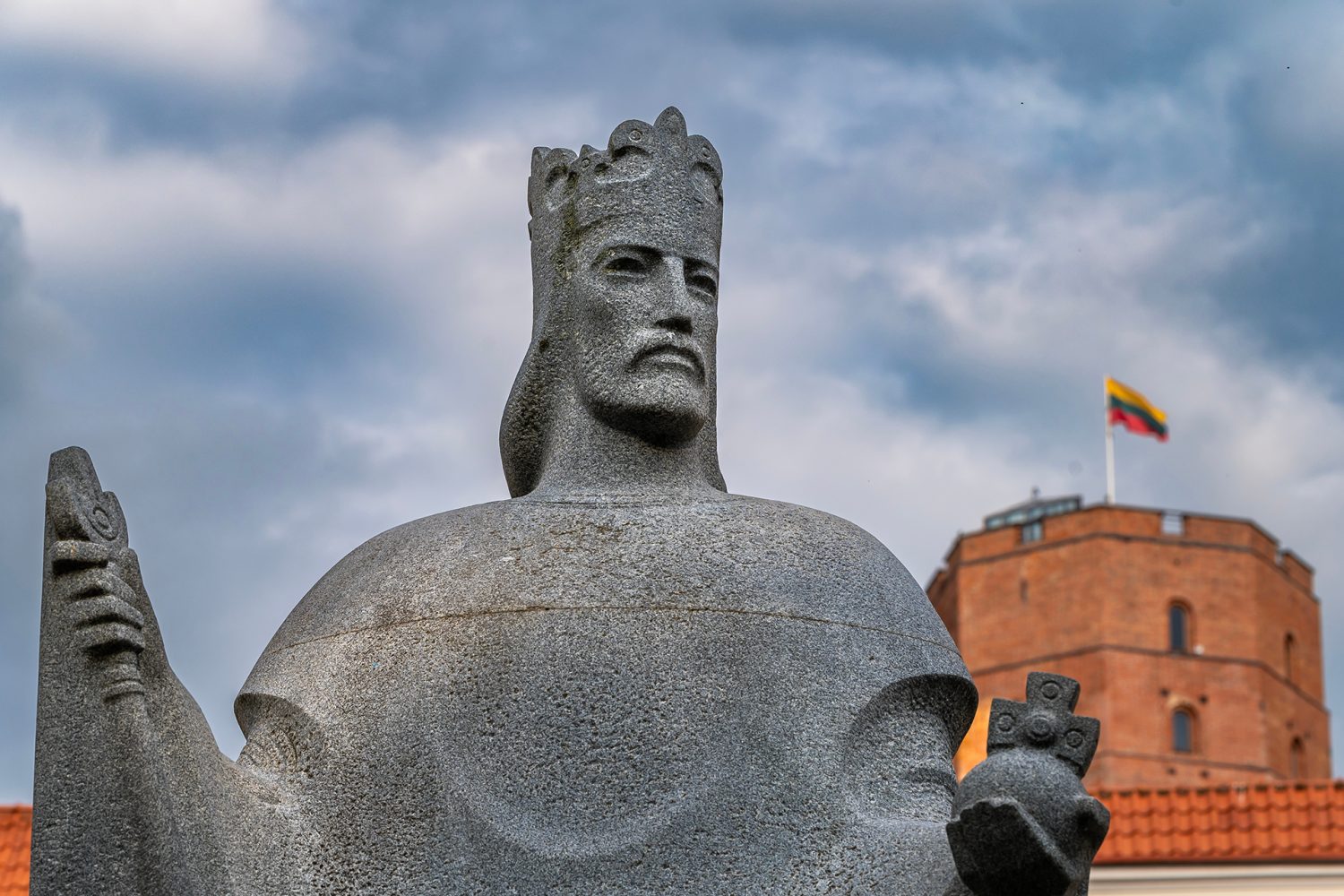


ola
if i move to italy with nulla osta is it possile to get PR and how soon
Diana Weber
Hello! Yes, if you move to Italy with a nulla osta and get your residence permit, you can apply for permanent residence after 5 years of continuous legal stay. You’ll also need sufficient income, housing, and knowledge of Italian (A2 level).
Marco Rossi
Hello! I have an Italian permanent residence permit. What happens if I leave Italy for more than a year?
Diana Weber
Hello! If you leave Italy (and the EU) for more than 12 consecutive months, you risk losing your EU long-term residence status. Within the EU, this limit is 6 years, unless you obtain permission from the Italian immigration authorities. Many people assume the status is truly permanent — but it requires continued ties to Italy. If you plan to leave for an extended time (e.g., work abroad or family reasons), we recommend notifying the Questura and asking for written confirmation to preserve your rights.
Theresa Ozbun
Hello my question is , how do I obtain a proof of absence of criminal record and current criminal proceedings;?
I am an American citizen applying for permanent residence in Italy . I live in Italy with a soggiorno for 6 years now
Do I need to contact the Italian authorities for this report?
Diana Weber
Hello! To apply for permanent residence in Italy, you need a criminal record report from both the U.S. and Italy.
U.S. Report: Request an FBI background check, authenticate it with an apostille, and have it translated into Italian.
Italian Report: Request the Certificato Penale del Casellario Giudiziale and Certificato dei Carichi Pendenti from the local court (Procura della Repubblica).
Contact the Questura (police station handling immigration matters) for guidance on exact requirements.
أحمد سعيد
حصلت علي الحماية الدولية لمدة خمس سنوات ولدي الان عقد عمل مفتوح وأشتغلت لمدة سنة هل أستطيع لتقديم علي الاقائمة الدائمة دون الانتظار لمدة خمس سنوات؟
تحياتي
Diana Weber
مرحبًا! يعتمد ذلك على قوانين الدولة التي تقيم فيها. في بعض الحالات، يمكن التقديم مبكرًا إذا كان لديك دخل ثابت وتم استيفاء شروط الاندماج. ننصحك بالتواصل مع مكتب الهجرة المحلي.
Mohamad
Hello
I’m planning to buy apartment in Italy, does this allow me to obtain resident visa?
Thank you,
Diana Weber
Hello,
Buying an apartment in Italy does not automatically grant you a resident visa, but it can support your application under specific conditions, such as proving sufficient financial means. There are also simplified residency programs for property owners in some cases. For detailed advice, please, consult with our specialist.
Thank you!